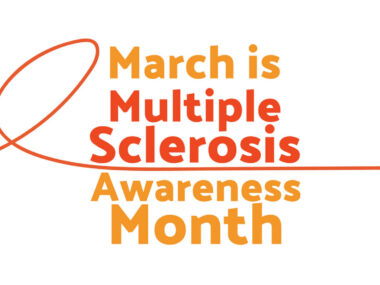BETACONNECT Auto-injector Helps MS Patients Stick with Treatment, Study Reports
Written by |

Most multiple sclerosis patients who try Bayer’s BETACONNECT auto-injector stick with their treatment, a study reports.
The electronic product may overcome the problem of many patients failing to stick to a therapy schedule because of what they consider hassles connected with injections. An auto-injector is one that patients can use to inject themselves with.
Researchers published their BETACONNECT findings in the journal BMC Neurology. The title was “Adherence, satisfaction and functional health status among patients with multiple sclerosis using the BETACONNECT® autoinjector: a prospective observational cohort study.”
A lot of MS patients take interferon (IFN) beta therapies such as Avonex, Betaseron, Rebif, or Plegridy, or glatiramer acetate treatments such as Copaxone. These medicines, aimed at reducing relapses and slowing the disease’s progression, are administered by injections below the skin or to muscles.
Although missing doses can lead to the disease progressing, many patients skip injections.
Methods that doctors use to try to increase compliance include educating patients, taking steps to manage treatments’ side effects, and trying new delivery devices, such as auto-injectors.
BETACONNECT, which administers IFN beta-1b (IFN beta-1) below the skin, stores information that helps patients stick to their treatment schedule. This includes when they should have injections, doses. and how far below the skin to make an injection. Bayer designed BETACONNECT to be easy to handle and allow patients to customize settings such as injection depth.
The objectives of the 24-week BETAEVAL study (NCT02121444) were to see how satisfied MS patients were with the BEATCONNECT injector and whether they would stick to using it. The final analysis covered 143 Germans with relapsing remitting multiple sclerosis (RRMS) or with clinically isolated syndrome (CIS).
Researchers said patients’ median age was 40 years, with a range of 21-79, and 69 percent were women.
The research team checked patients at four, 12 and 24 weeks. Ninety percent were still using the BETACONNECT injector at four weeks, 86 percent at 12 weeks and 75 percent at 24 weeks. The rate at which patients were sticking with their treatment was lower at four weeks — 81 percent — than their BETACONNECT use rate. But it was higher at 12 weeks — 87 percent — and 24 weeks — 81 percent.
Researchers said the highest participation rate at 24 weeks was among patients 40 years or older. The group that had the highest rate of sticking with the injector was patients who had had no previous IFN beta-1b treatment.
Patients were asked to rate their satisfaction with the BETACONNECT on a scale of 0 to 10. Satisfaction was high throughout the study, researchers said. Mean levels were 8.3 at four weeks and 8.5 at 12 weeks, for example. Patients had assigned a mean of 7.4 to previous injection approaches.
At 24 weeks, 98 percent of patients rated BETACONNECT as user-friendly and 86 percent said they preferred it to previous methods of injection.
Patients said they experienced mild to moderate pain with BETACONNECT, comparable to how they rated previous methods of injections. Thirteen percent of patients had skin reactions at week 24, with most reporting redness. Only 3.5% of patients experienced MS relapses during the trial.
Overall the study shows that “most participants were very satisfied with the device, the vast majority also giving high ratings for user friendliness, feeling confident in using it and preferring it over their previously used device,” researchers said.
The results indicated that using the BETACONNECT could help patients stick with their IFN beta-1 treatment regimen, researchers concluded.
Three of the study’s six authors are employees of Bayer or its subsidiaries in Germany.


